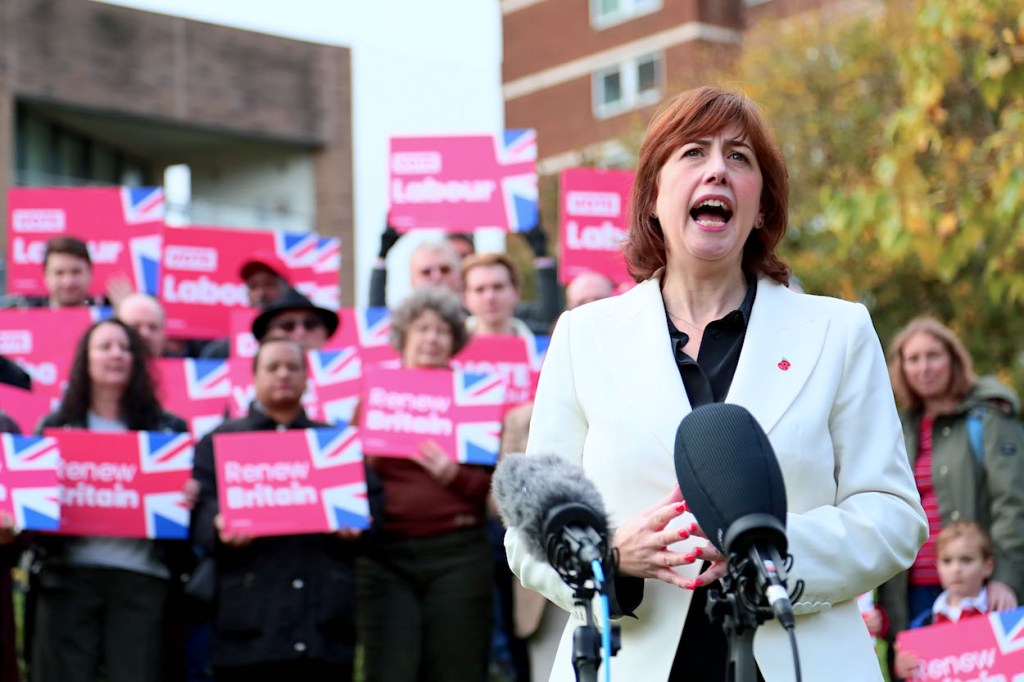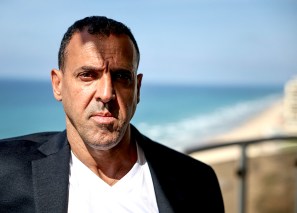To understand what’s really going on with the latest British Medical Association strike threat – it is currently balloting 50,000 doctors over a putative six-month strike in support of a 29 per cent pay claim for ‘resident’ (formerly called junior) doctors – it’s instructive to look at what happened to Liverpool City Council in the 1980s.
The local Labour party had effectively been taken over by Militant entryists, who then exerted de facto control of the council. One of their aims was financial: they argued that cuts to the Rate Support Grant meant that £30 million had been ‘stolen’ from Liverpool by the government. But they also had a broader political aim: they saw conflict with the government as an end in itself.
The parallel with the BMA is far from exact; before Militant, the local Liverpool Labour party was perfectly normal and respectable. The BMA, on the other hand, has always been a byword for trade union militancy so over-the-top that it makes the rail unions seem timid in comparison. But there is one parallel that really does work: that broader political aim of causing trouble for the sake of causing trouble.
A key player in the BMA’s militancy is Emma Runswick, the deputy chairman of the BMA council, who describes herself as an ‘unashamed socialist’. She is joined on the council by Rebecca Acres, who describes Labour under Sir Keir Starmer as ‘proto-fascist red Tories’. Runswick makes no bones about what she sees as the role of the BMA: ‘successful unions’, she says, are ‘in dispute often.’ She has been open that the demand for more pay is part of a wider political battle: ‘Organising for pay restoration also improves our strength as a union to fight for all sorts of changes, locally and nationally.’
Runswick and her colleagues in the BMA’s Broad Left group used classic hard-left entryist tactics to win election, securing 26 of the 69 council places to achieve what they refer to as ‘multiple changes at multiple levels of the BMA’, and being ‘politically very astute’ by ‘inserting candidates sympathetic’ in key roles. With their political influence they have pushed the BMA to weigh in on an array of hard left causes, such as publicly critiquing the Cass Review into gender identity services for children and young people – despite the BMA, as a trade union, not having any role in the interpretation of medical evidence.
They also directed BMA funds to support the RMT strikes and issued a statement expressing the BMA’s ‘solidarity with rail workers and the RMT in their ongoing dispute.’ As the chair of the BMA’s council, Philip Banfield, put it, this demonstrated ‘the essential bond shared between organised workers today.’
Leaked BMA documents have shown how they operate in classic activist fashion, instructing supporters to compile files on fellow doctors to ‘build up knowledge of every junior doctor who works at your NHS Trust’, giving each a score to represent the extent of their support for strikes.
The 29 per cent pay claim itself is objectively preposterous. Earlier this year, doctors were given a 4 per cent rise, with resident doctors also receiving an extra £750, lifting the rise to 5.4 per cent. This is less than a year after they were handed a 22 per cent rise within days of the Labour government taking office, as Health Secretary Wes Streeting sought to halt the strikes.
But preposterous as the latest claim is, it is not remotely surprising. For one thing, another strike has always been planned by some. Last year a series of leaked WhatsApp messages revealed that Robert Laurenson, the co-chair of the BMA’s junior doctors’ committee was suggesting a strike to start this summer: ‘I would consider striking with a low threshold for 25/26 when Labour’s honeymoon period ends and they make some sort of mistake that leaves them politically vulnerable.’ Streeting had, of course, sent a clear message to the BMA that its militancy worked by offering them an enormous 22 per cent rise with nothing in return.
Even before the hard-left takeover the BMA was a byword for greed and obstinacy. Now that many of its key positions are held by hard-left activists who see the organisation as being in the front line of a broader political battle, it is inconceivable that it would now, of all times, resile from militancy. That is its aim.








Comments